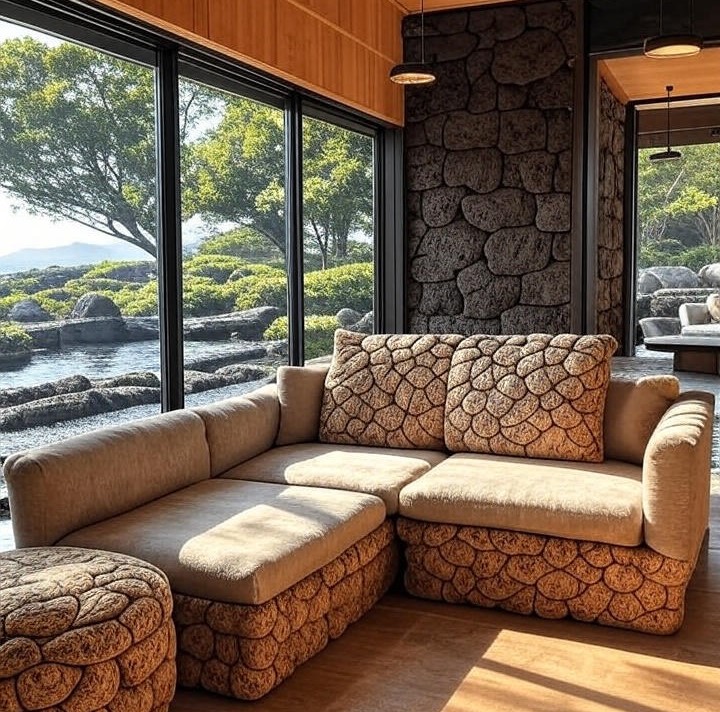Inside Jeju’s Growing Room Salon Industry: A Look at Business Models and Local Regulations

Jeju Island has become more than just a scenic escape for nature lovers and honeymooners. Over the past decade, its nightlife has evolved into a vibrant ecosystem of entertainment, drawing both locals and tourists into a world of themed lounges, karaoke bars, and room salons. These establishments, often tucked behind discreet doors, offer curated experiences that blend luxury, privacy, and social interaction.
Among the most talked-about venues are the Jeju Rooms, a collection of salons and lounges that have gained popularity for their upscale ambiance and tailored services. Jeju Rooms (제주룸) are not just places to unwind; they represent a growing segment of Jeju’s economy, one that is reshaping the island’s identity and business landscape.
The Rise of Room Salons
Room salons in Jeju are modeled after similar establishments found in Seoul and Busan. They typically offer private rooms where guests can enjoy drinks, music, and conversation, often with hosts or hostesses who provide attentive service. While some salons cater to business professionals seeking a quiet space to entertain clients, others appeal to younger crowds looking for themed experiences and curated nightlife.
This surge in demand has led to a diversification of business models. Some salons operate as high-end lounges with gourmet menus and imported spirits, while others focus on karaoke and casual entertainment. Themed salons, ranging from retro-style rooms to modern minimalist designs, have added a layer of creativity to the industry, making each visit feel unique.
Impact on Local Businesses and Tourism
The ripple effect of Jeju’s nightlife boom is felt across multiple sectors. Local suppliers, from florists to food distributors, benefit from the steady demand. Taxi services and ride-hailing apps see increased usage during peak hours. Boutique hotels and guesthouses near nightlife districts report higher occupancy rates, especially on weekends.
Tourism has also taken a new turn. While Jeju’s natural beauty remains its main draw, younger travelers are increasingly seeking out nightlife experiences. Travel agencies now offer packages that include salon visits, and influencers frequently showcase Jeju’s lounges on social media, adding to the island’s allure.
Regulatory Challenges and Government Response
Despite the economic benefits, the room salon industry faces scrutiny. Concerns about noise, alcohol consumption, and the potential for illegal activities have prompted local authorities to tighten regulations. Licensing requirements have become more stringent, and regular inspections are conducted to ensure compliance with safety and hygiene standards.
The Jeju government has taken a balanced approach. While encouraging tourism and business growth, it has also implemented zoning laws to prevent nightlife venues from encroaching on residential areas. Public awareness campaigns promote responsible drinking and respectful behavior, aiming to preserve the island’s peaceful reputation.
Balancing Growth with Cultural Identity
Jeju’s charm lies in its blend of tradition and modernity. As room salons continue to flourish, there is an ongoing conversation about how to maintain the island’s cultural integrity. Community leaders emphasize the importance of preserving local customs and values, even as new forms of entertainment emerge.
Some salon owners have responded by incorporating Jeju’s heritage into their business models. From using locally sourced ingredients in their menus to designing interiors inspired by traditional architecture, these efforts aim to create a sense of place that honors the island’s roots.
READ ALSO: The Bourbon Boom – Reshaping Global Liquor Markets
Looking Ahead
The future of Jeju’s room salon industry depends on thoughtful collaboration between business owners, regulators, and the community. With careful planning, the island can continue to thrive as a nightlife destination without losing its soul. The challenge lies in crafting experiences that are both economically viable and culturally respectful.
As Jeju Rooms continue to attract attention, they serve as a symbol of the island’s evolving identity, a place where tradition meets innovation, and where every night tells a new story. Whether you’re a curious traveler or a local entrepreneur, the room salon scene offers a glimpse into Jeju’s dynamic spirit.

